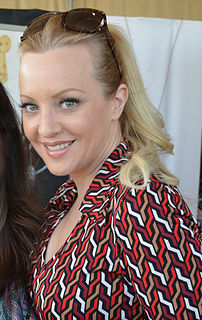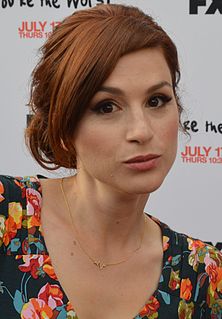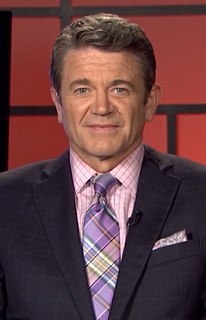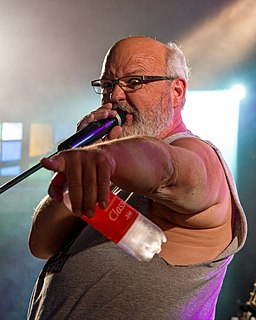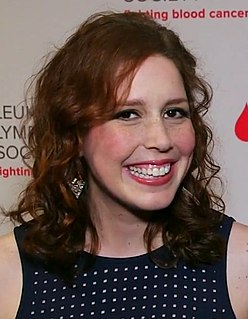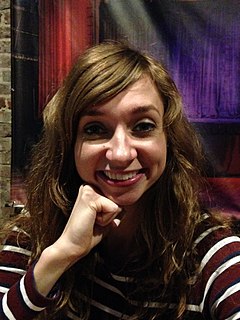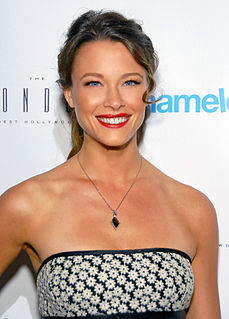A Quote by Zach Woods
I think sometimes when people start doing improv there's some regression towards trying to replicate the "good" improvisers that they've read about in their improv books or heard about from their teachers. That's understandable, because they're trying to learn technique and stuff, but I actually think that my favorite performers are ones who have unique improv technique but also have a unique point of view that you can feel with them and their performances.
Related Quotes
Improv is more than just spitting out a bunch of funny stuff that's unrelated to the material. You have to stay in character, you have to react and respond as the character you're trying to play. You have to service the story, and I think improv training has helped with my listening, responding, and my audition technique. It's sounds so silly, but it's true. Because not only do you improvise during the audition, but once you get the part, they'll say, "Throw away everything. Just improv this scene. Do whatever you want." Someone could panic if they're not used to doing something like that.
I think with improv - and I say it all the time because it's become such a catch thing that you talk about improv - if the scene is well-written, you don't need to improv. But that being said, if something strikes you in the moment and, most importantly, you know where the scene is supposed to go, it's no different than method acting.
I think in the inception and creation of the characters, improv was the most important part for me, because I wanted to feel at home in those characters. I wanted to feel like I could commit to them. And so much of improv is saying yes and committing, so I think that's where the improv came in. Even if I'm saying yes to the X across the room from me, or the tennis ball on a stick, I have to stay alive.
Ladies like improv stilts, and I think men like improv giant cocks. But one of the great things about improv is that you get to play some roles you'd never get to play otherwise, you know, like the old Italian pizza-maker who's passing on the business down to his son. You get to play it all when you improvise.
I've trained primarily in Meisner Technique, and I've done a little bit of Groundlings and Upright Citizens Brigade just to get my feet wet in the improv world because I think that's really important. But most of the teachers I've worked with, I've gotten, like, references through agents or managers, and they're sort of independent.

